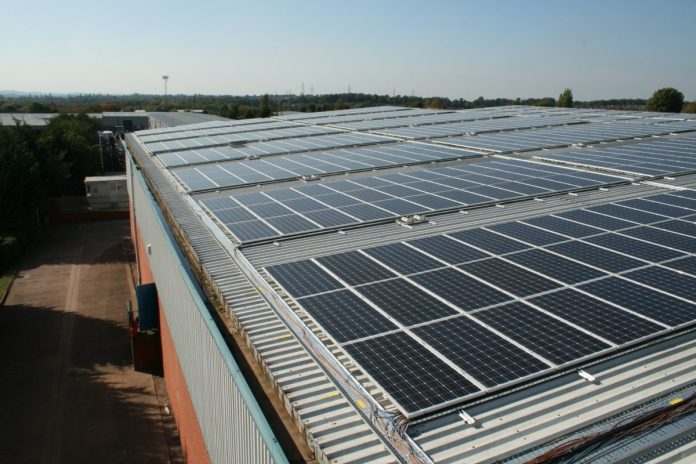A footnote of France’s Energy Code specified, until the end of February, that collective self-consumption projects could only be implemented in an experimental way for a period of five years. This footnote, however, has now disappeared, and the related disposition is no longer included in the article of law, meaning that self-serving energy communities can now be formed by consumers and producers in the country.
French solar trade body Enerplan received confirmation of this from the Ministry of Ecological and Inclusive Transition. After examination by their legal service, the Ministry decided to remove the experimental aspect of collective self-consumption from the energy legislation.
The energy community concept brings together geographically close consumers and producers of photovoltaic energy into a single self-consumption unit. This change is particularly important in the case of extended collective self-consumption units, for which the geographic perimeter is now permanently set at a radius of 1 km.
This is good news for the industry, however Enerplan also expressed regret that further action to support such extended self-consumption projects has not so far been taken. For example, under the current provisions, an extended collective self-consumption project can only operate on a low-voltage network, which excludes large electricity consumers.
“The system excludes potential consumers, such as industrialists or salespeople who operate cold rooms, for example, those who use the medium-voltage network. This restriction is counterproductive for the deployment of such operations,” he adds, “given the current situation, the revision of these measures requiring passage by law is not envisaged,” Enerplan spokesperson David Gréau, told pv magazine.
In France, according to Enedis, at the end of the fourth quarter of 2019, of the 435,773 photovoltaic installations connected to the grid, 65,314 plants were for self-consumption, representing an installed power 257.86 MW connected. Furthermore, around twenty collective self-consumption projects developed under the experimental phase were put into service at the end of 2019.






